On April 11th, the California Assembly’s Committee on Health approved a bill to ban five chemical food ingredients: brominated vegetable oil, potassium bromate, propylparaben, Red Dye No. 3, and titanium dioxide. In the United States, these are found in candy, cereals, and many other common foods on grocery store shelves. They’ve been banned because of their potential health risks, so check your labels and watch out for these food ingredients.
The Five Food Ingredients You Don’t Want In Your Food
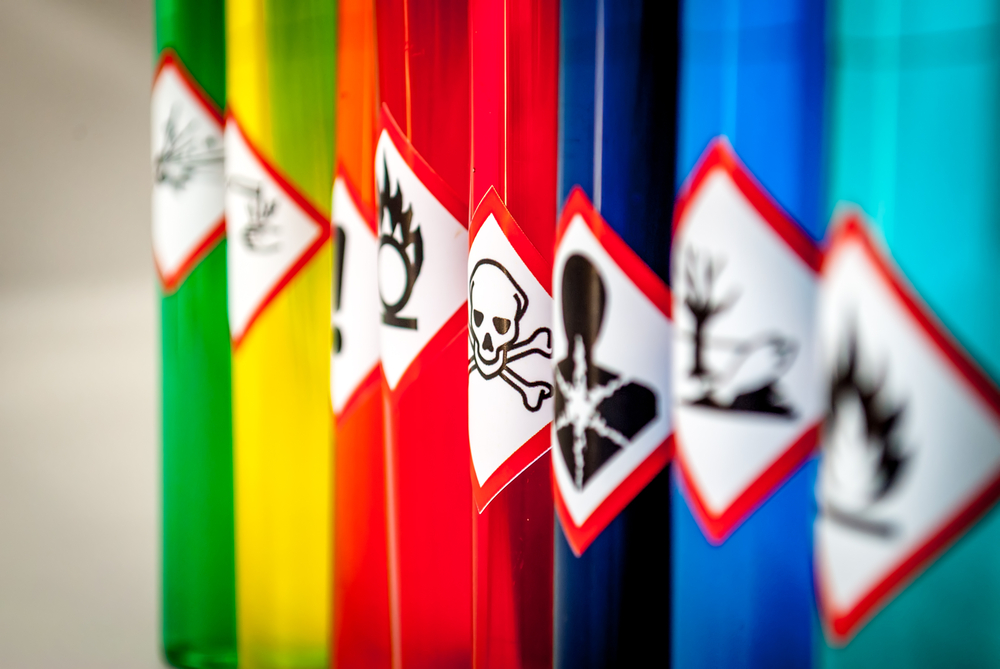
These five food ingredients are known to be a bad idea. They’ve been banned in Europe, and only recently did the state of California decide to follow suit. That being said, you are likely to still find them in your food, so be sure to check your labels for these ingredients. If you see them listed, put that item back on the shelf and look for a better alternative. (1, 2)
Read More: 26 Weird Ingredients In The Food We Eat Every Day
1. Brominated vegetable oil

This ingredient is commonly found in sports drinks as an emulsifier. Emulsifiers are used to keep things mixed that usually don’t like staying together, such as oil and water. Brominated vegetable oil is also used for keeping the flame retardant in paper products from bursting into flames. You can find it in about 70 different sodas, usually vibrantly colored citrus-flavored ones, as it keeps the citrus flavorings from separating and floating to the top. (3)
The big controversial part here is bromine. Bromine has been shown to affect the nervous system, and some studies have shown that it might be associated with tumors in mice. The FDA has said that there is no evidence that brominated vegetable oil is unsafe for human consumption, but it’s still a controversial ingredient.
2. Potassium bromate

This is a chemical often used as an additive by bakers and brewers. It makes products rise higher in the oven and improves their texture. You can find it in many packaged breads, dumplings, and frozen foods. Studies have shown that it may be carcinogenic. That being said, it is heavily regulated by the FDA. They allow just one teaspoon per 800 cups of flour in any given product. Along with that, when properly heated, supposedly limited, if any, potassium bromate remains in the product. So far, the amount of potassium bromate found in products has not been found to cause problems in humans. Still, however, many people would rather avoid it. (4, 5)
Read More: Test Finds Toxic Forever Chemicals is Most US Pet Food
3. Propylparaben
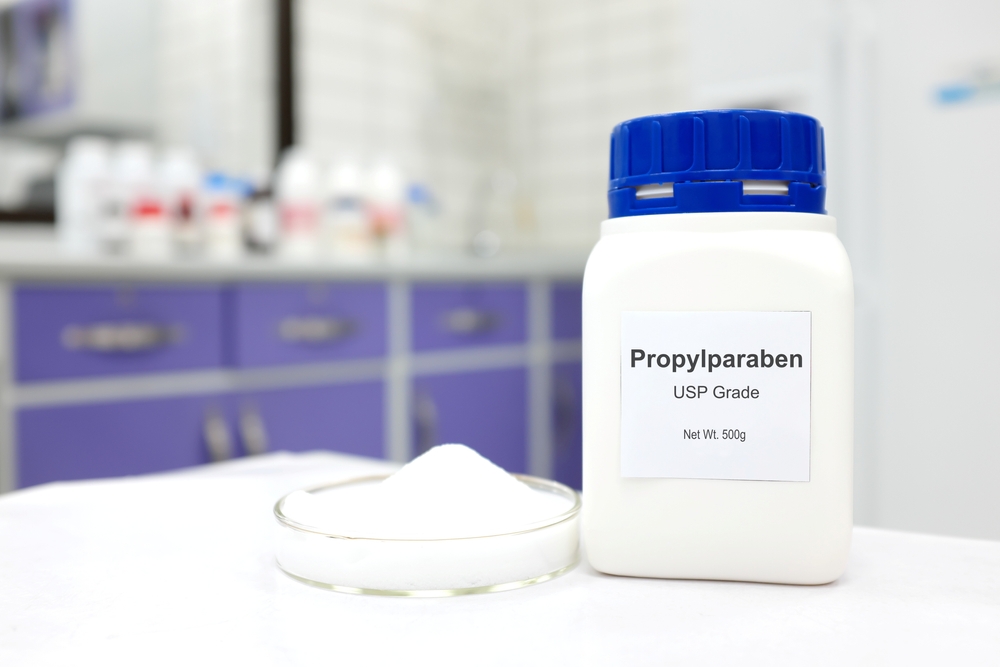
This common preservative is used to prevent mold growth and extend the shelf life of products. It is found in many American products, including cake icing, baked desserts, and even corn tortillas. It is also found in many water-based cosmetics. It is known to cause skin irritation and allergic reactions in many people, so it’s likely best left out of your diet altogether. (6)
4. Red dye no. 3
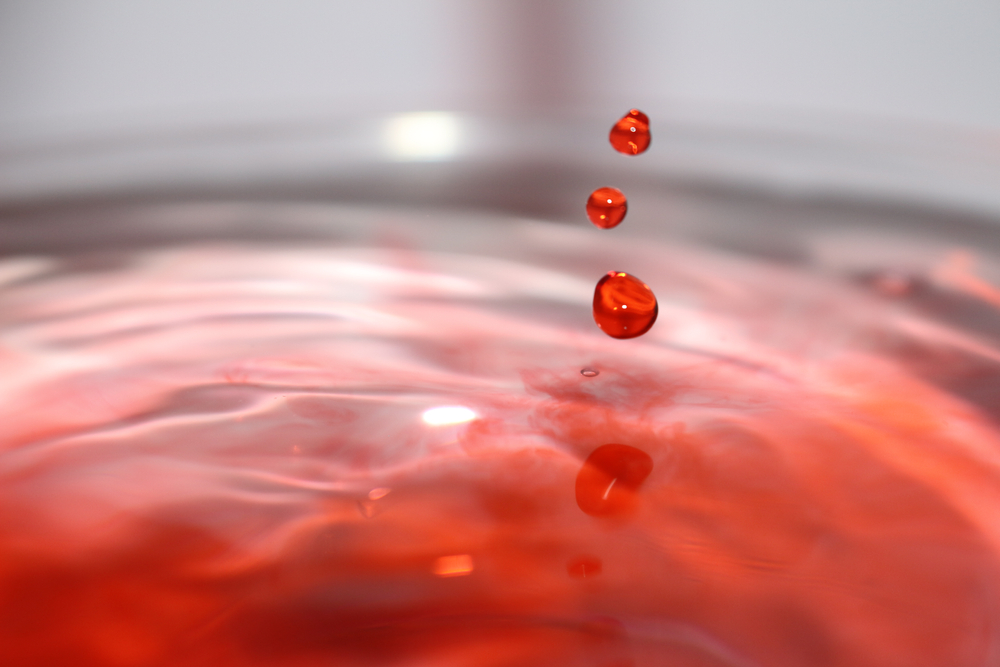
Also known as erythrosine, this food ingredient gives packaged foods their bright, cherry-red color. It is found in thousands of products, including candies, snacks, cereals, baked goods, sodas, and cereals. This artificial dye has been linked to hyperactivity, asthma attacks, and some cancers. Though the FDA banned it in cosmetics due to cancer-causing concerns, it remains in many food products. (7)
5. Titanium dioxide
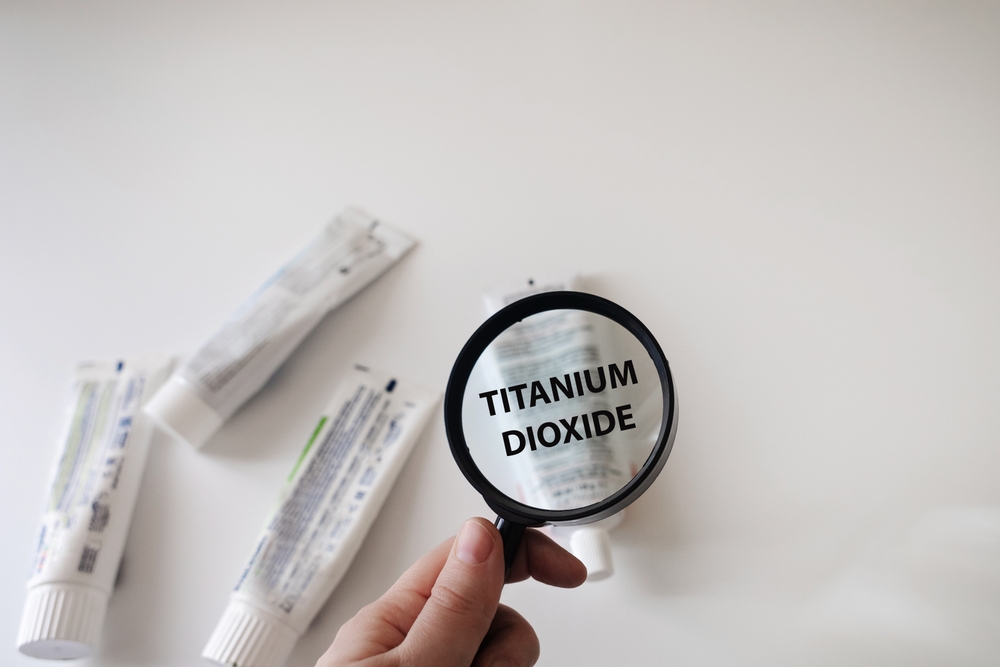
Also known as “white” food coloring, it is used in products such as coffee creamers, sauces, and baking decorations to make them appear whiter than they naturally are. It is also used in some candies and paint primer to help colors seem more vivid. Titanium dioxide can cause respiratory issues in humans and animals alike and is potentially carcinogenic. Some studies have suggested that until we have a clearer picture of the safety of this ingredient, it should be used with great care. (8)
The Bottom Line
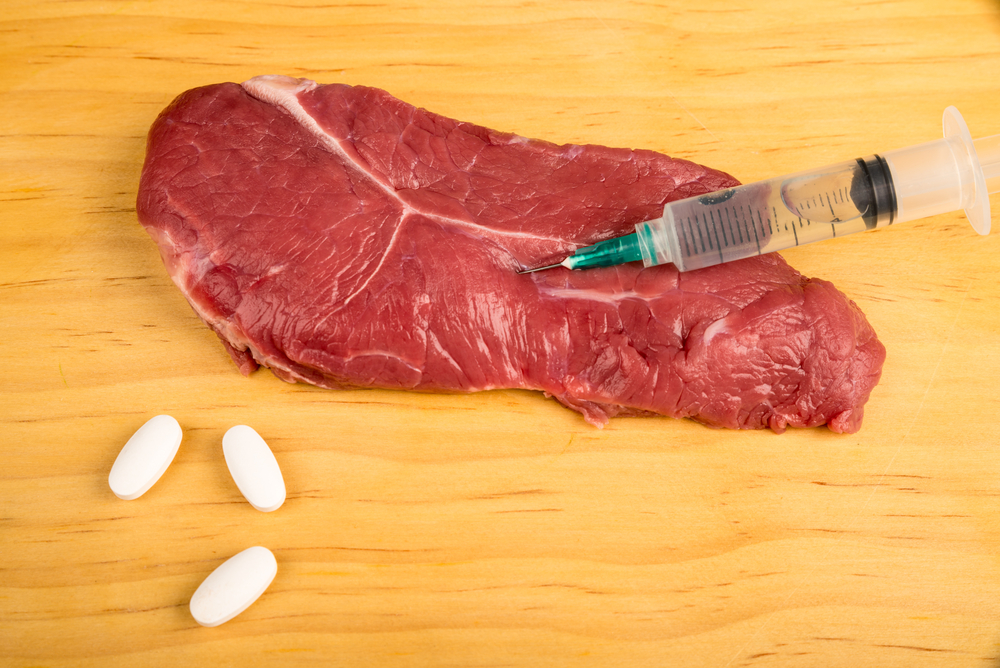
It is a huge step forward that California has decided to ban these five food ingredients from products in their state. While this will have far-reaching effects across the United States, you should still be vigilant. Read your labels and do your best to avoid these additives. Typically, if you avoid prepackaged foods and do your best to choose organic whenever possible, you will avoid these ingredients. This is especially important for children and pregnant or breastfeeding women.
Read More: 7 Vegan Foods High In Protein That Make Meat Obsolete
Sources
- “5 Dangerous Ingredients That Are in Our Food but Shouldn’t Be.” Consumer Reports. Scott Medintz. March 20, 2023.
- “AB-418 Food product safety.” Legislature. April 13, 2023.
- “Nutrition and healthy eating.” Mayo Clinic. Katherine Zeratsky, R.D., L.D.
- “Toxicity and carcinogenicity of potassium bromate–a new renal carcinogen.” NCBI. Y Kurokawa, A Maekawa, M Takahashi, and Y Hayashi. July 1990.
- “Trending – Potassium Bromate.” Michigan State University. Elisabeth Anderson; Joe Zagorski. February 27, 2023
- “Propylparaben.” Pub Chem
- “Why Is Red Dye No. 3 Banned in Cosmetics but Still Allowed in Food?” Consumer Reports. Lauren Kirchner. November 14, 2022.
- “Titanium dioxide in our everyday life; is it safe?” NCBI. Matej Skocaj, et al. November 16, 2011

